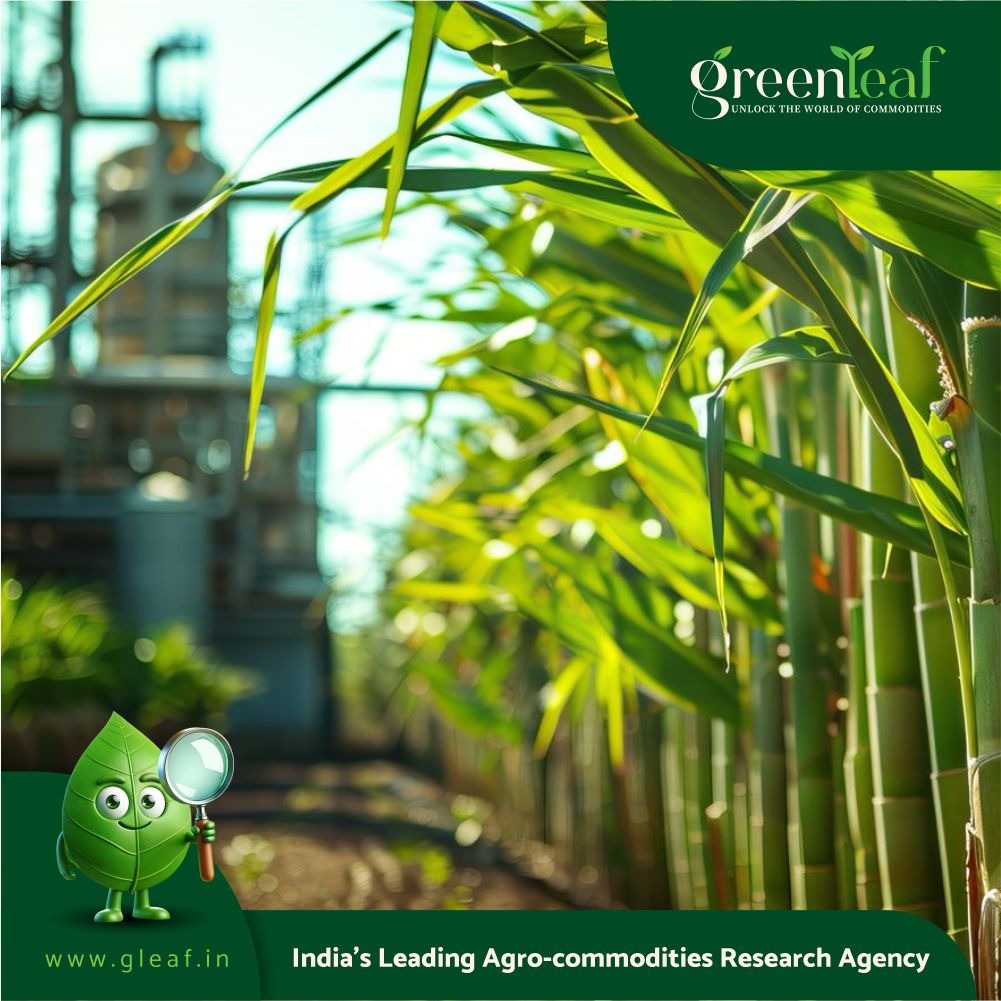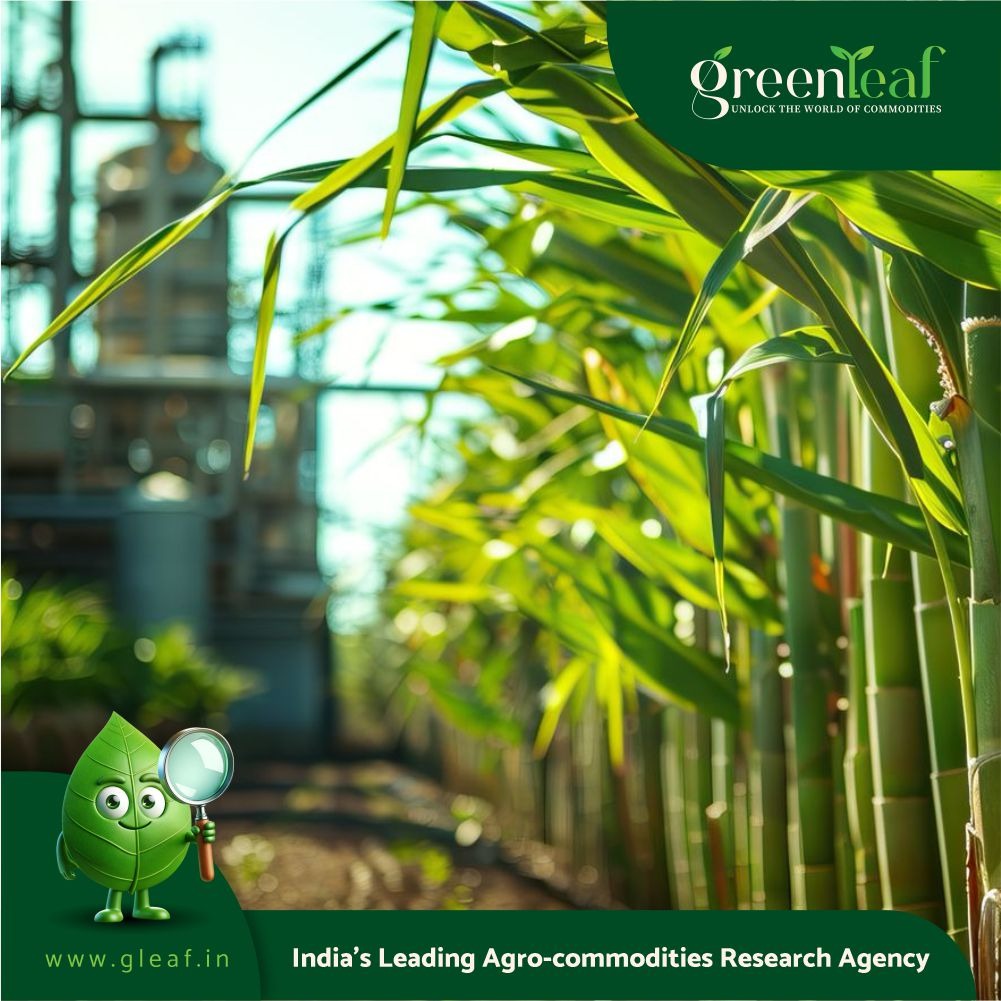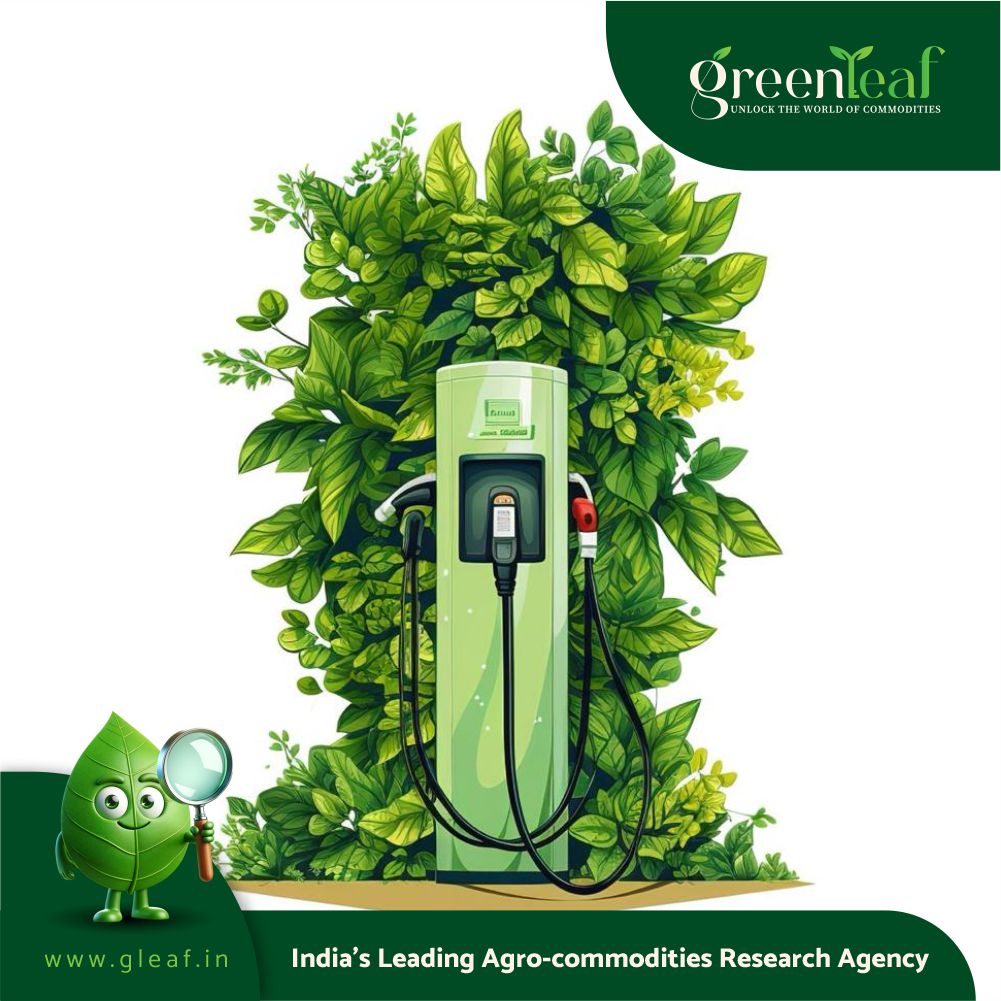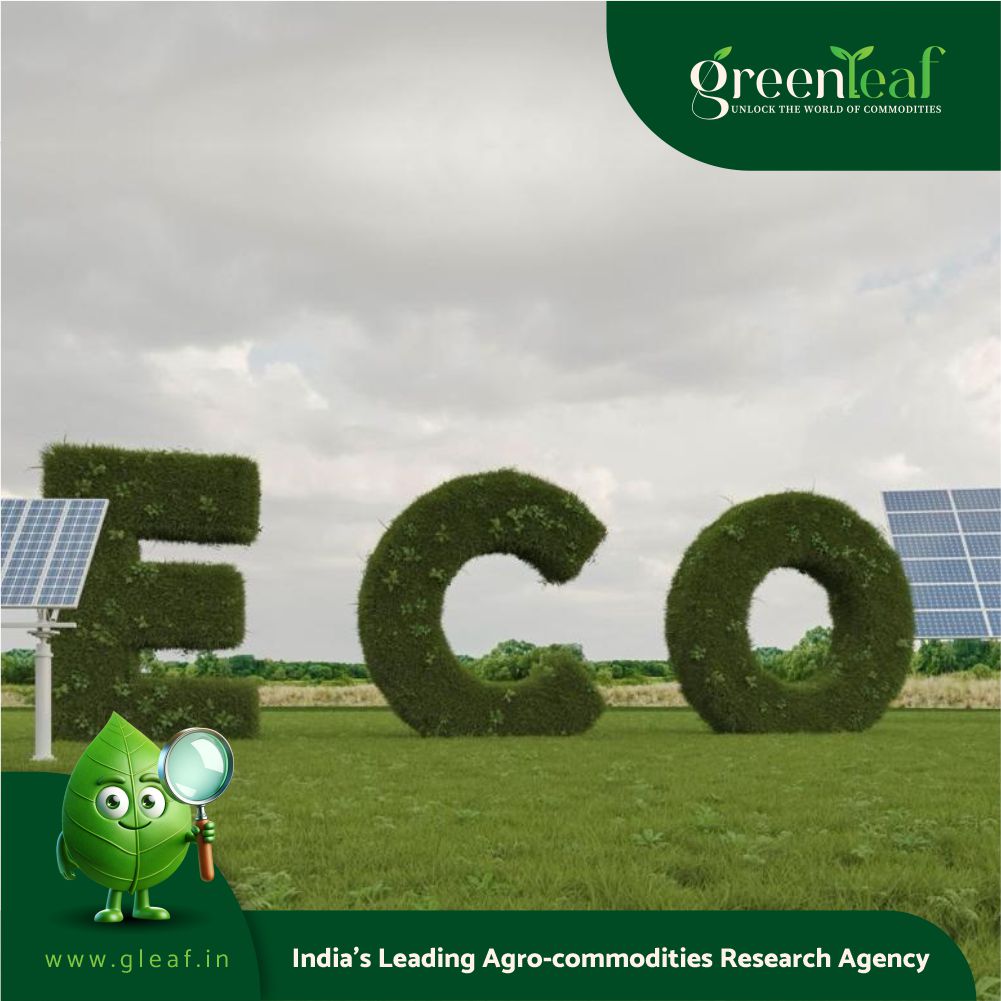Polish developer Hynfra has unveiled a proposal to build a green hydrogen and ammonia export plant in Egypt that could ultimately produce a million tonnes of renewable NH3 for European markets, and cost up to $10.6bn to build.
Meeting with officials from Egypt’s government-backed foreign investment advisory body, the General Authority for Investment and Free Zones (GAFI) yesterday (Monday), Hynfra outlined plans for the first $1.6bn phase of the project, which would produce 400,000 tonnes of green hydrogen-derived ammonia for export to the EU by 2030.
This initial phase could then be scaled up to produce a million tonnes of green ammonia per year, Hynfra CEO Tomoho Umeda told GAFI executives during the meeting.
The project would include dedicated solar and wind power plants, which would be oversized relative to the green hydrogen and ammonia production plant’s needs, and would be able to supply Egypt’s power grid on “most days of the year”, Hynfra said.
The project would be one of five planned by Hynfra focusing on supplying green ammonia to fertiliser producers in central and eastern European markets.
Warsaw-based Hynfra was formed in 2020 and is privately owned, saying on its website that it develops turnkey green hydrogen projects for use in industry, ammonia production and power production.
However, the Egyptian project appears to be in the very earliest stage of development, with GAFI CEO Hossam Heba using the meeting to familiarise Hynfra executives with the available sites in Egypt, as well as the foreign investment schemes offered by the Egyptian government for green hydrogen producers.
Earlier this year, Egypt’s president Abdel Fattah El-Sisi signed a suite of tax incentives for green hydrogen projects into law, including a credit amounting to 33-55% off the tax paid on a project, in a bid to spur development.
“GAFI’s role in Hynfra’s project would be to support the company at all stages of the project, starting from the issuance of the necessary permissions to the duration of the project,” the government body said in a press statement, noting that Egypt has already issued what it calls a “golden license” to a number of green H2 and ammonia projects, allowing a number of permits to be issued under a single universal licensing scheme.
Egypt unveiled its clean hydrogen strategy in August, laying out its vision to produce at least 1.5 million tonnes of clean hydrogen per year by 2030.
The country has signed dozens of memoranda of understanding with developers hoping to build green hydrogen projects in Egypt, but so far only Fertiglobe’s 15MW of capacity has been commissioned, with no other final investment decisions (FIDs) made on large-scale projects.
The 100MW Egypt Green Hydrogen plant — owned by Fertiglobe, Scatec, Orascom and the Egyptian government — in Ain Sokhna, is also awaiting a delayed FID in 2025, despite being named as the sole winner of the €900m H2Global funding auction in July.
















